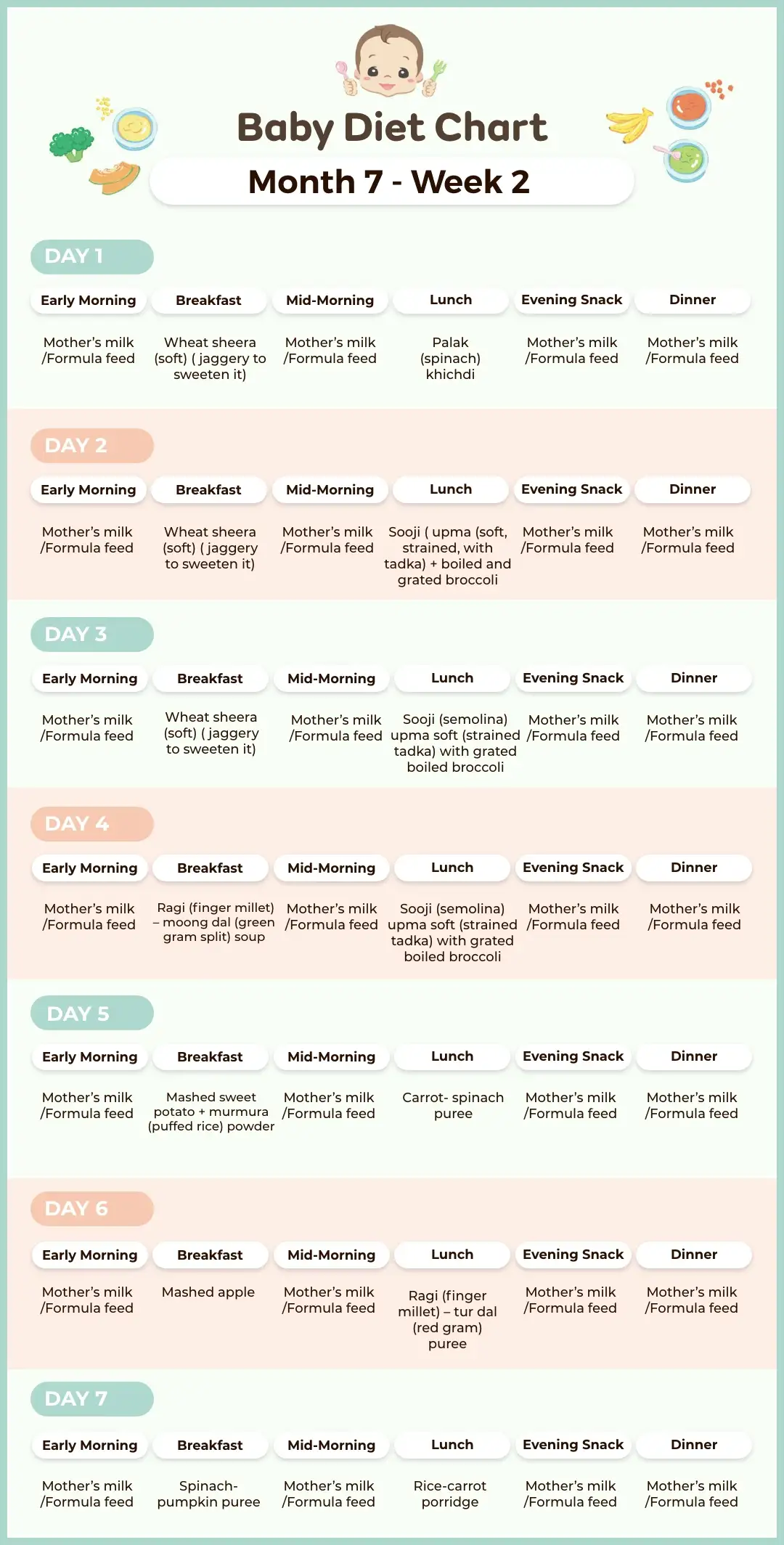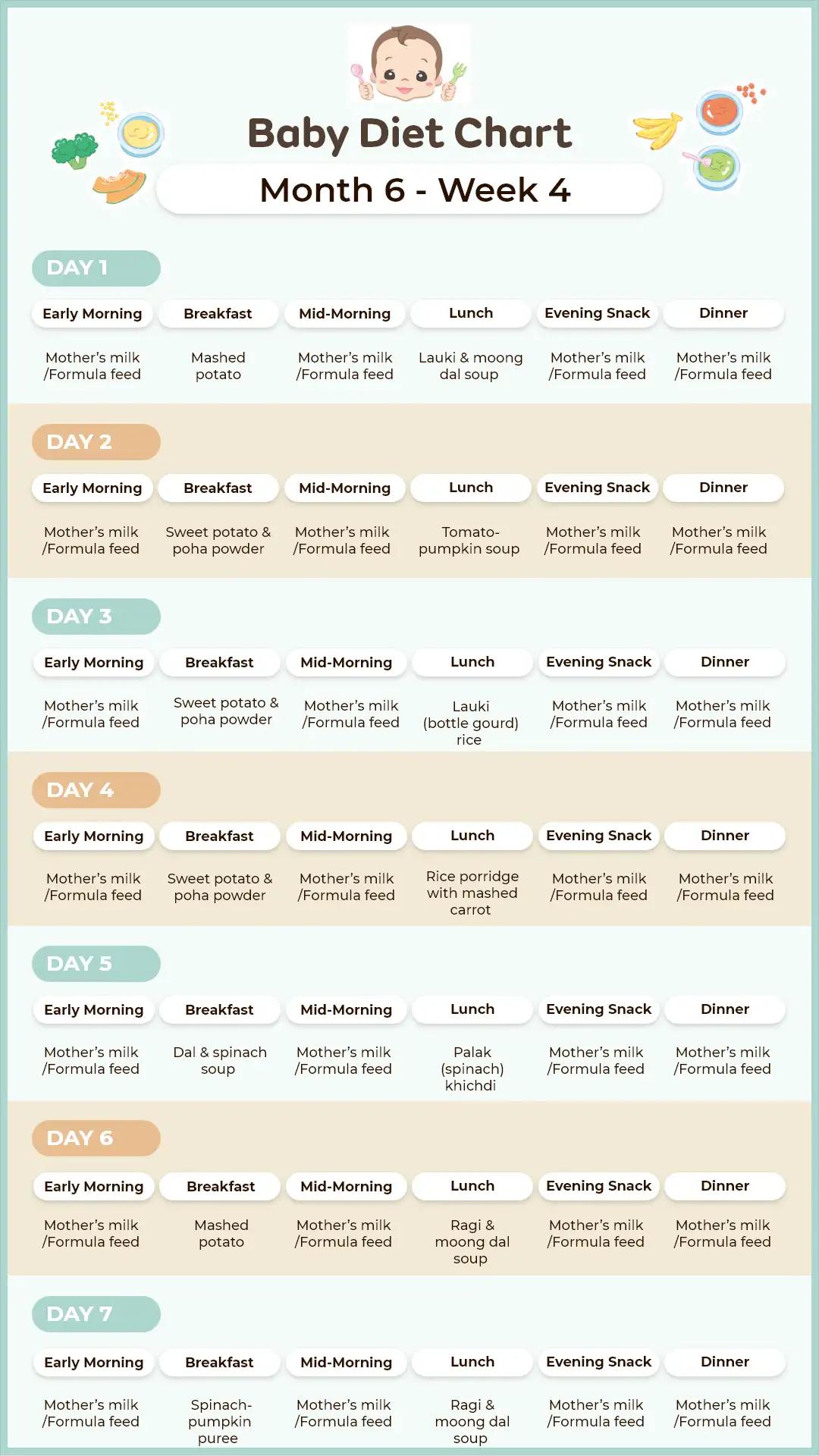Home

Crying During Pregnancy Causes, Effects & Treatment
In this Article

Pregnancy
Crying During Pregnancy Causes, Effects & Treatment
Updated on 14 March 2023
It is well known that a pregnant woman's lifestyle choices, including what she eats and drinks, her level of physical activity, and her general health, can affect her unborn child. It has been shown that a mother's mood during pregnancy can have long-lasting effects on her child's personality and outlook. Though the extent to which crying in pregnancy affects an unborn child remains unknown, it's probably best to hold back on the waterworks while carrying a child.
Causes Of Crying During Pregnancy
Do not worry that something is wrong with you if you have been crying during pregnancy without justification. You're not alone in feeling this way; many expecting mothers go through it, too. Numerous factors increase a woman's likelihood of crying during pregnancy. Causes can originate in the body or the mind. The following are a few reasons:
1. Fluctuation Of Hormones
Human chorionic gonadotropin (hCG), progesterone, and estrogen are all natural hormones created by the body. Mood swings in pregnant women have been linked to fluctuations in the amounts of these hormones, which send different signals to the brain. They are primarily to blame for bringing on unwarranted tears during her pregnancy.
In particular, a woman's progesterone levels are likely to be reasonably high in the later stages of pregnancy, making her highly susceptible to various health complications.
2. Stress
Even if you have perfectly timed and planned your pregnancy, unexpected stresses will arise. Stress during pregnancy can come from various sources, including concerns about your own and your baby's health, frequent visits to the doctor, uncertainty about the future, difficulties at work, family issues, caring for children who are already grown, and so on.
3. Feeling Uncomfortable
Pain and discomfort throughout pregnancy are universal. No matter how physically active or healthy you were before becoming pregnant, you may expect to feel uncomfortable at some point. Things like stumbling around with extra weight, a giant stomach, and inability to sleep without changing positions every few minutes are enough to make you cry now and then.
4. Clothes That Do Not Fit
Going shopping while pregnant is frustrating since you may outgrow your regular clothes but not yet fit into the maternity ones. If you're trying to choose something nice to wear for a crucial meeting or social occasion, you could feel like crying throughout this phase.
5. Watching Emotional Content
When watching an emotionally moving film or TV show, it doesn't take long for the tears to start flowing. It doesn't take much in the way of images of infants, parents, or helpless infant animals to bring on a flood of tears.
6. Pregnancy Milestones
Pregnancy milestones are exceptional for any woman. For example, the first time you listen to your unborn child's heartbeat or the first time you experience your baby kicking. These moments are unique and may incite extreme emotional responses, which may result in you crying in pregnancy.
7. Exceeding the Due Date
A pregnant woman's expectations may be dashed, and her patience tries if her due date comes and goes with no sign of the baby. In the event that the conclusion is still nowhere in sight, the physical discomforts you have been through may become too much to bear.
8. Being In Labour
The labor pains can be intense regardless of how many prenatal classes you've taken or how closely you've followed the guidelines in the pregnancy guidebook. No matter what kind of delivery you're planning, agony is guaranteed.
Does Crying During Pregnancy Turn Into A Severe Issue?
Even though it's normal to feel sad and cry while pregnant, these episodes can sometimes signify something more serious, like depression.
Perinatal depression refers to depression experienced during pregnancy. About one in seven pregnant women may experience this frequent pregnancy symptom. There are four telltale indications of depression:
-
Sad, discouraged, or completely overwhelmed.
-
Restlessness.
-
Changing moods.
-
Regular to frequent bouts of heavy weeping
-
Guilty or depressed about one's self
-
Feelings of wanting to hurt oneself or suicidal thoughts.
-
Abnormalities in eating habits
-
Issues with concentration, memory, or decision-making
-
Disinterest in past hobbies/interests
-
Disconnecting from social contacts
-
Having a decline in interest in previously enjoyed activities
-
To constantly experience fatigue, weakness, and a lack of energy.
-
Continually complaining about the nagging head, stomach, or elsewhere pain.
If you are experiencing any of these symptoms, ensure that you go to your doctor and get checked.
Do Crying and Anxiety Have Effects On An Unborn Baby?
Your baby will feel the impacts of your tears, whether they fall during the second trimester or at any other period in your pregnancy. It all comes down to what kind of mother you are.
Here are some broad classifications that show why crying during pregnancy is not suitable for your unborn baby:
1. If you're a stressed-out mom
Pregnancy is such a phase in a woman's life that it carries numerous challenges. However, you can be assured that some worry here and there won't hurt your baby. When anxiety and stress last long, the body starts making a stress hormone called cortisol. The placenta is a conduit for transferring this hormone to the developing fetus. If the fetus is exposed to this hormone while the mother is pregnant, the baby is more likely to be fussy and easily upset when born.
2. If You're a Depressed Mom
Several expecting mothers suffer from clinical depression. As a matter of fact, somewhere around 10% of pregnant women are clinically depressed. The long-term effects of this are not beneficial for your child. The offspring of clinically depressed mothers are more likely to face emotional hardships and sadness later in life.
If you're a mom who feels guilty about her pregnancy
If a pregnant woman already has trouble with her emotional and physical health, feeling bad about her unborn child will only worsen things. Researchers found that the children of moms who did not experience an emotional connection to their unborn kids were more likely to struggle emotionally as children.
If you're a mom who has bad days every once in a while
You can have the occasional stressful or melancholy day while pregnant. It's unrealistic to expect you to be happy and invulnerable to pain and discomfort throughout those nine months, what with all that's going on in your head and body. Your child's health and development won't be affected by your occasional stress and depression.
Treatment For Crying During Pregnancy
Pregnancy stress is common, but it's crucial to address the root causes and move on. According to some research, unattended mental stress can cause physical changes in how the body handles stress. So, a pregnant woman needs to pay attention to her body and eliminate any stresses that could get in the way of her normal routine.
-
Share your emotions with someone you trust, such as a spouse, close friend, or family member.
-
Consider the frequency of your depressive episodes. Get help if your hopelessness and anxiety keep returning and are too much to handle.
-
You should talk to a doctor about how to handle the situation well. A doctor can advise you on the safest and most effective antidepressants during pregnancy.
-
In addition, you might want to consider adjusting your way of life by picking up a new hobby, learning to meditate, or enrolling in a yoga class with a certified teacher.
-
It can also help you to eat nutritious meals and find ways to divert your attention from any negative thoughts or feelings you may be experiencing.
Some strategies for overcoming stress are outlined below.
1. Do not skip meals.
Not eating can cause mood swings and hunger sensations, both of which can lead to overeating, so it's best to avoid doing so if you want to lose weight. Fruits, vegetables, and nuts should make up at least half of at least two of your daily meal servings.
2. Regularly and on schedule, go to bed.
Resting when your body tells you to is crucial for your and your baby's well-being. Get a good night's rest, so you don't feel irritable and exhausted.
3. Take care of yourself first.
When you're pregnant, you deserve to treat yourself without feeling guilty. Get a massage (after talking to your doctor about it), see a movie, or go to your favorite salon and treat yourself to some spa treatments. Reduce your stress levels by engaging in pleasurable activities.
4. Get your body moving.
Getting your blood pumping can improve your mood significantly, so there's no need to overdo it. Schedule a time each day to go for a stroll. Also, try doing some yoga, which calls for a relatively peaceful setting and could serve as a welcome distraction from the noise and confusion of the outside world. Doing 30 minutes of exercise daily will help you overcome stress, so make it a habit.
5. Put down the electronic gadgets!
If you put away your phone for at least a third of the day, you'll be forced to find other ways to pass your time. Activities such as reading, walking down the road, painting, or just listening to music, can help alleviate the stress that comes from always knowing what's happening in everyone else's lives.
FAQs
1. How to handle crying spells during pregnancy?
You should exercise regularly, speak with other mothers who have recently given birth, get adequate sleep and destress yourself.
2. What happens if you cry a lot during pregnancy?
A little bit of emotional turmoil during pregnancy is normal and will not affect the baby. However, trouble starts when there is uncontrollable crying during pregnancy. When your crying gets uncontrollable, there are chances that you may slip into depression, and that may negatively affect your unborn child.
3. Can babies feel when their mom is sad?
Studies have proven that your unborn child experiences the same emotions that you do during pregnancy. This means that your baby will experience the same feeling as yours if you cry.
Whether it's your heartbeat or the music you're playing for your tummy, your unborn child continuously receives messages from you. Among these messages are those that are directly associated with your emotions. To the extent that you are sad or depressed, your child will feel the same way. Your mood has long-lasting effects on your child's growth and development. So, avoid stressing and crying during pregnancy as much as you can.



Written by
Priyanka Verma
Priyanka is an experienced editor & content writer with great attention to detail. Mother to an 11-year-old, she's a ski
Read MoreGet baby's diet chart, and growth tips

Related Articles
Related Questions
Hello frnds..still no pain...doctor said head fix nhi hua hai..bt vagina me pain hai aur back pain bhi... anyone having same issues??

Kon kon c chije aisi hai jo pregnancy mei gas acidity jalan karti hain... Koi btayega plz bcz mujhe aksar khane ke baad hi samagh aata hai ki is chij se gas acidity jalan ho gyi hai. Please share your knowledge

I am 13 week pregnancy. Anyone having Storione-xt tablet. It better to have morning or night ???

Hlo to be moms....i hv a query...in my 9.5 wk i feel body joint pain like in ankle, knee, wrist, shoulder, toes....pain intensity is high...i cnt sleep....what should i do pls help....cn i cosult my doc.

Influenza and boostrix injection kisiko laga hai kya 8 month pregnancy me and q lagta hai ye plz reply me

Related Topics
RECENTLY PUBLISHED ARTICLES
our most recent articles

First Aid
Infant Choking: Prevention & Causes

Diet & Nutrition
Indian Food Chart for Your 7-Month-Old Baby – Week 2

Diet & Nutrition
6-Month-Old Baby Food Chart/Meal Plan - Week 4
Gas & Bloating
Ways in Which You Can Avoid Gassiness During the Pregnancy Period.
Heartburn
Extinguishing pregnancy heartburn in the most effective way!
Heartburn
Heartburn during pregnancy is common... but the night-time heartburn is a pain. Here's how to control it
- Potatoes During Pregnancy: Benefits & Risks
- What is the common cause of food aversions during the pregnancy period and ways to manage it?
- Till what age do babies typically start talking?
- Are you Concerned about rectal bleeding in your pregnancy? Here're some relief tips for you!
- Diagnosis and Treatment of Vaginal infections during pregnancy to prevent any complications
- 8 Ways to Empower Women with Digitalisation this International Women's Day
- Navigating Hypothyroidism and Pregnancy: Tips for Expecting Moms
- Top 10 Post-Holi Detox Tips to Cleanse Your Body
- Holi-Proof Your Skin and Hair with These 10 Natural Tips
- Placenta Abruption: Causes, Symptoms and Treatment
- 8 Holi Dishes That Will Add Flavour to Your Holi Party
- Your Guide to Vitamin C: Benefits, Daily Requirements & Sources
- Foods to Eat & Avoid During the 8th Month of Pregnancy
- Safely Trimming Your Baby's Nails: A Step-by-Step Guide


AWARDS AND RECOGNITION

Mylo wins Forbes D2C Disruptor award

Mylo wins The Economic Times Promising Brands 2022
AS SEEN IN

- Mylo Care: Effective and science-backed personal care and wellness solutions for a joyful you.
- Mylo Baby: Science-backed, gentle and effective personal care & hygiene range for your little one.
- Mylo Community: Trusted and empathetic community of 10mn+ parents and experts.
Product Categories
Baby Carrier | Baby Soap | Baby Wipes | Stretch Marks Cream | Baby Cream | Baby Shampoo | Baby Massage Oil | Baby Hair Oil | Stretch Marks Oil | Baby Body Wash | Baby Powder | Baby Lotion | Diaper Rash Cream | Newborn Diapers | Teether | Baby Kajal | Baby Diapers Pants | Cloth Diapers | Laundry Detergent | Lactation Granules |








